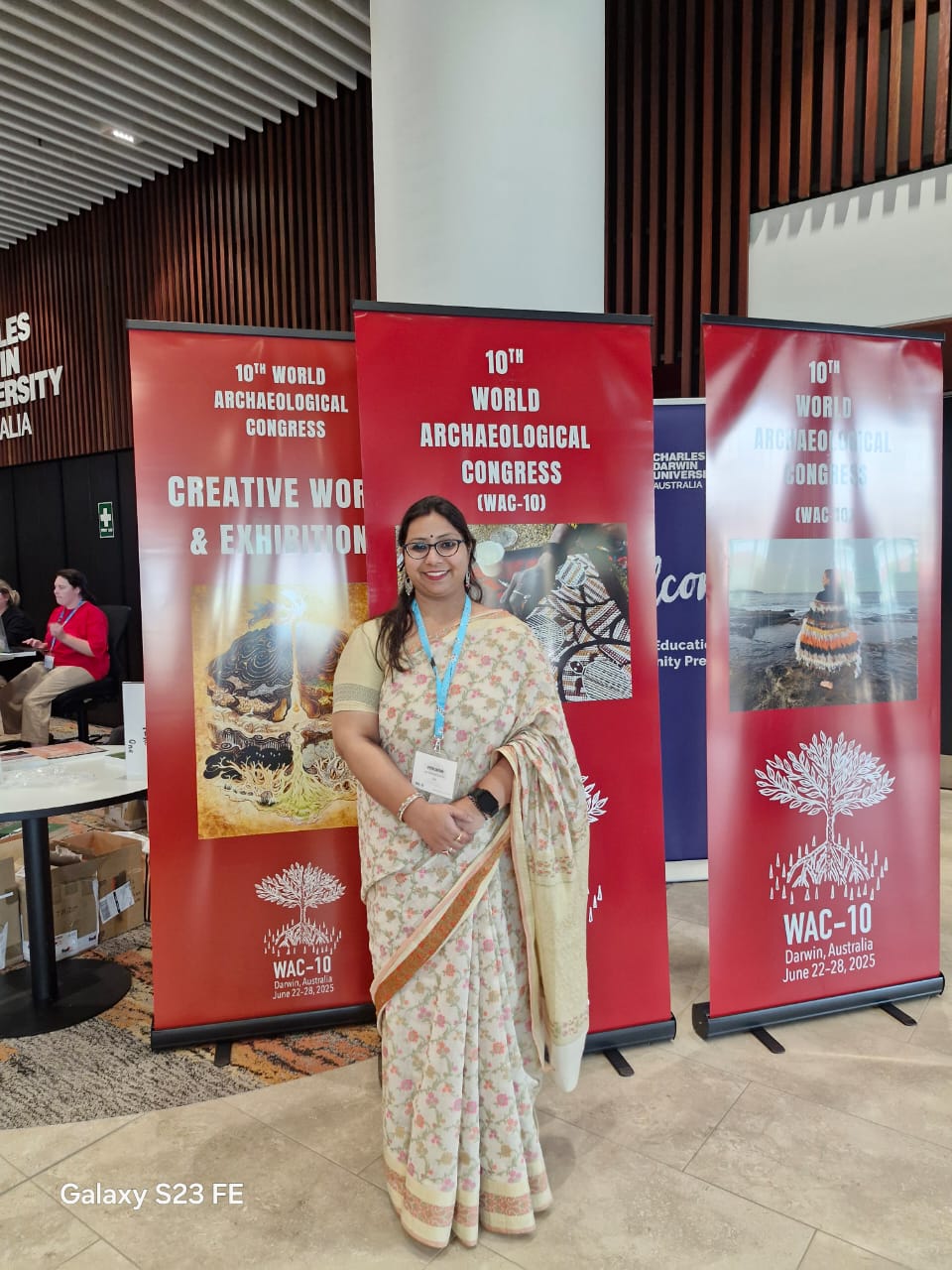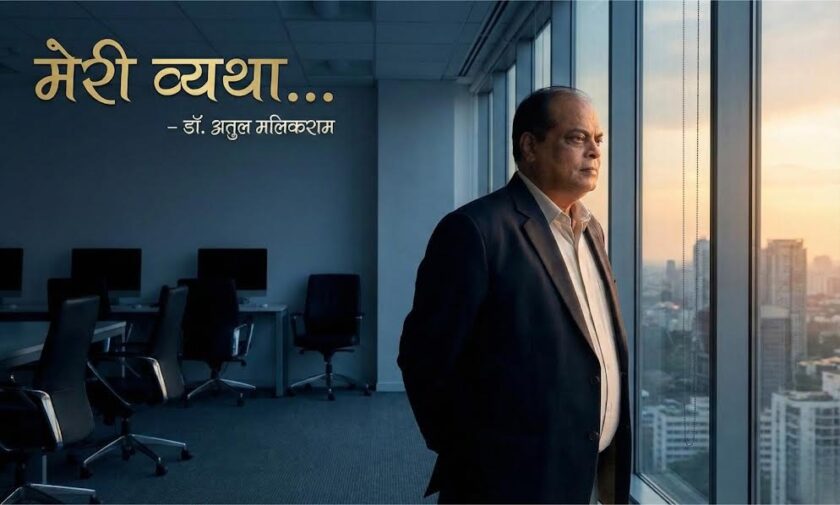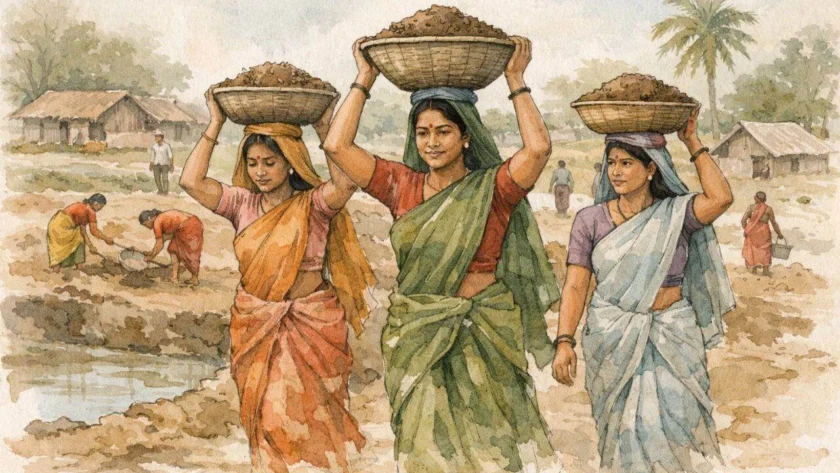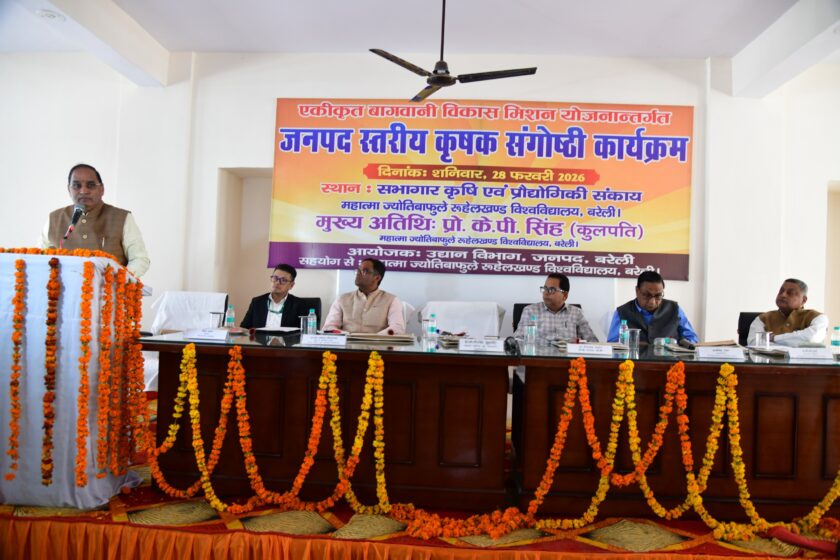By Akhilesh Chandra Saxena
Bareilly: Dr. Priya Saxena, Associate Professor in the Department of Ancient History and Culture at Mahatma Jyotiba Phule Rohilkhand University, Bareilly, represented India on the global stage by presenting her research paper at the 10th World Archaeological Congress (WAC-10) in Darwin, Australia. The prestigious conference is being jointly organized by Flinders University and Charles Darwin University’s Northern Institute from June 22 to 28, 2025.
Dr. Saxena’s paper titled “Narratives Inclusivity in Indian Art through Symbolism: An Observation” was presented under the session “Emblem on the Move”. Her research delves into the profound role of symbolism in Indian art, showing how ancient sculptures and narrative panels serve as mediums of inclusive storytelling. Through her analysis of archaeological sites and artworks, she explored how religious, philosophical, historical, and cultural themes are expressed via artistic symbolism in India’s rich heritage.
She emphasized that Indian art is not merely decorative—it acts as a deep visual language capturing the diversity and inclusivity of spiritual and cultural narratives. Her presentation was particularly appreciated for highlighting religious pluralism reflected in ancient artistic expressions.
The WAC-10 conference serves as a significant platform for global archaeological dialogue, cultural exchange, and policy formulation. With participation from over 70 countries, it provided an unparalleled opportunity for international researchers to gain insights into India’s ancient art and its profound symbolic frameworks.

Dr. Saxena’s contribution not only promoted Indian cultural heritage at an international level but also encouraged global research on Indian themes. Her participation marked a vital step in integrating Indian elements into global civilization studies and fostering cross-cultural scholarly dialogue.
The conference also featured live demonstrations of Aboriginal Australian art, music, and traditions dating back 65,000 years, as well as curated tours of archaeological sites. Selected research papers, including Dr. Saxena’s, will be published by Springer, giving them wider academic reach.
Congratulating Dr. Saxena, Vice Chancellor Prof. K.P. Singh said, “Her research paper not only showcases her scholarly excellence but also reflects the academic strength of our university on a global platform.”
Dr. Saxena’s participation has brought international recognition to Indian archaeology and art history, strengthening India’s position as a cultural and academic hub.









